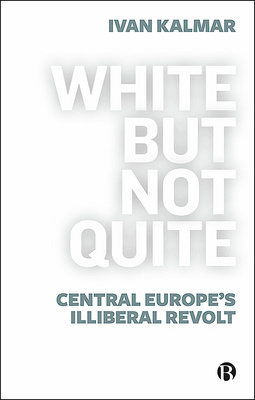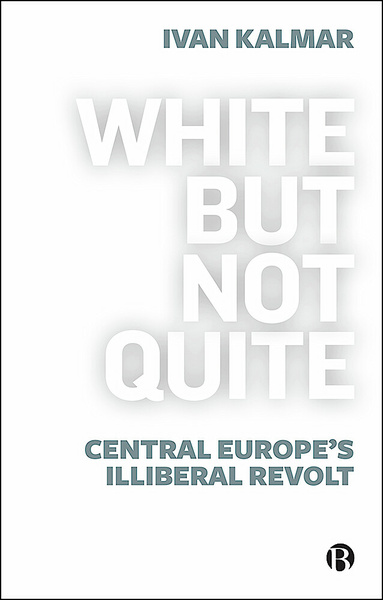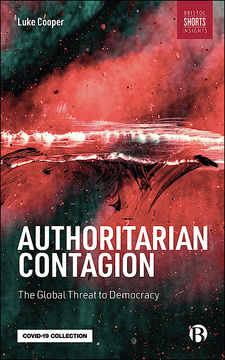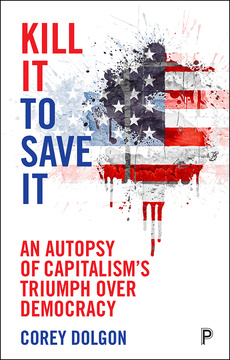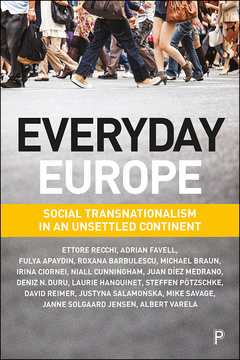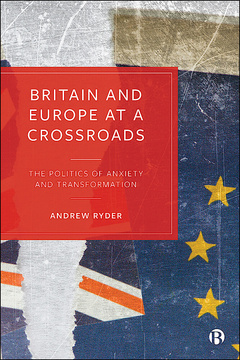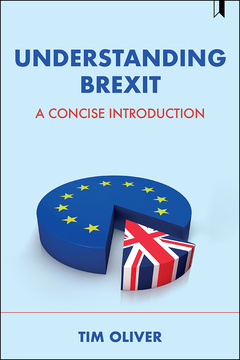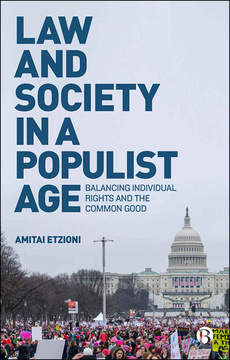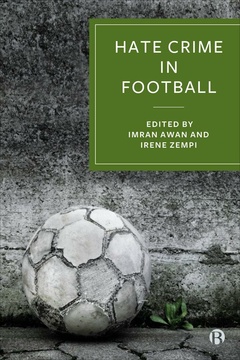Published
20 Apr 2022Page count
334 pagesISBN
978-1529213607Dimensions
216 x 138 mmImprint
Bristol University PressPublished
20 Apr 2022Page count
334 pagesISBN
978-1529213591Dimensions
216 x 138 mmImprint
Bristol University PressPublished
20 Apr 2022Page count
334 pagesISBN
978-1529213614Imprint
Bristol University PressPublished
20 Apr 2022Page count
334 pagesISBN
978-1529213614Imprint
Bristol University PressIn the media
On Transforming Society: White but not quite: Race and illiberalism in Central Europe
PODCAST: Illiberal democracy and racism in Central Europe
Since the ‘migration crisis’ of 2016, long-simmering tensions between the Western members of the European Union and its ‘new’ Eastern members – Poland, the Czech Republic, Slovakia, and Hungary – have proven to be fertile ground for rebellion against liberal values and policies.
In this startling and original book Ivan Kalmar argues that Central European illiberalism is a misguided response to the devastating effects of global neoliberalism, which arose from the area’s brutal transition to capitalism in the 1990s.
Kalmar argues that dismissive attitudes towards ‘Eastern Europeans’ are a form of racism and explores the close relation between racism towards Central Europeans and racism by Central Europeans: a people white but not quite.
"An elegant and thought-provoking examination of racism, illiberalism, and power structures in Central Europe — and of how Western prejudice and globalization have shaped the region." Emily Tamkin, US editor of the New Statesman and author of The Influence of Soros
“If you’re confused about the Central European turn towards illiberalism and white nationalism, this is the book you want to read. In a profoundly enlightening and engaging way, Kalmar reconciles the polarized attitudes towards illiberalism – fear and rejection on the global left, inspiration on the global right – with reference to the ‘not quite white’ position of the region, which the West has deliberately exploited. But even beyond Central Europe, the logic of ‘not quite’ opens a new pathway not only to a more subtle understanding of illiberalism but also towards empathy with a broader range of marginalized positions.” Aniko Imre, University of Southern California
"This is one of the best books on post-1989 and current developments in East Central Europe that I have seen recently. Yet it is about much more than East Central Europe. It is a must-read for anyone who wants to understand the current dynamics of racism. In this superb study, Kalmar powerfully explains how racism manages to renew itself time and again." Huub van Baar, KU Leuven
Ivan Kalmar is Professor in the Department of Anthropology and at the Munk School of Global Affairs and Public Policy at the University of Toronto. He has written widely on race, religion, and politics, including in Central Europe.
Introduction: Race, Illiberalism, Central Europe
1. How Eastern Europeans Became Less White
2. How Central Europeans Became Eastern European
3. How Central Europeans Became Central European (Time and Time Again)
4. Central Europe: Half-Truths and Facts
5. The Last of the White Men: Central Europe’s White Innocence
6. ‘Have Eastern Europeans No Shame?’ Anti-Semitism, Racism, and Homophobia in Central Europe
7. Imitators Spurned: Why the West Needs Central Europe to Stay in its Eastern European Place
8. ‘We Will Not Be a Colony!’
9. Slavia Prague v. Glasgow Rangers: Lessons from a Football Match
Conclusion: When the Migrants Come
Postscript: Confessions of a Canadian Central European







